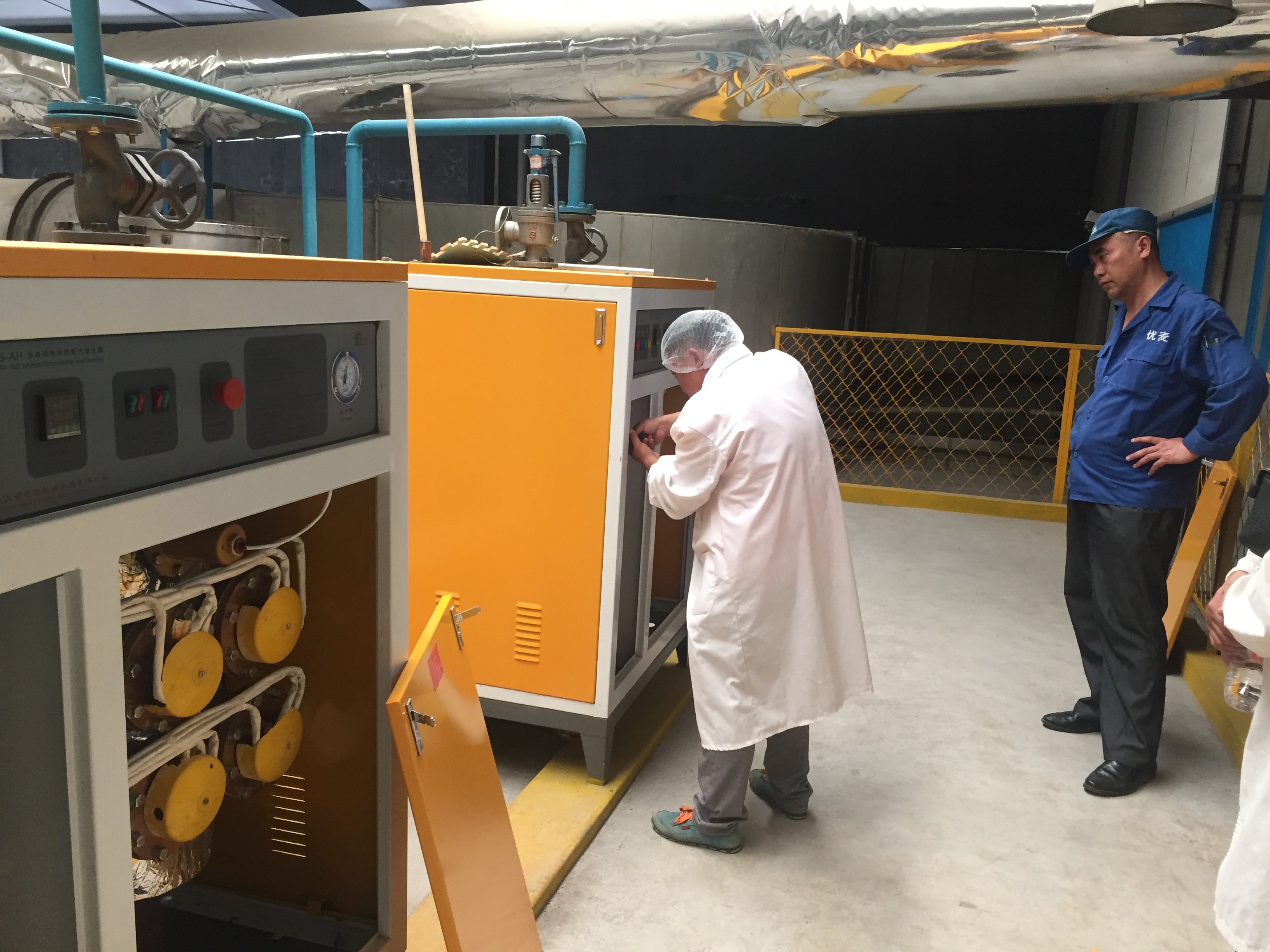- Home
- News
- Q: How is the problem of damage to the heating surface at the end of the steam generator caused?
Q: How is the problem of damage to the heating surface at the end of the steam generator caused?
A:The tail flue of the steam generator will have various problems after being used for a long time, the most obvious being damage. The reasons for the loss of the heating surface at the tail end are analyzed in detail below.
The ash and slag entering the flue at the end has a certain hardness due to its low temperature. When it is discharged together with the primary heating surface of the flue gas, it will cause damage to the pipe wall. Especially for the heat exchanger, the temperature of the flue gas at the inlet has dropped to about 450°C, the ash particles are relatively hard, and the small-diameter thin-walled carbon steel pipe is used, which is more likely to be damaged.
At the same time, damage is also one of the reasons why heat exchanger cracks account for a high proportion of steam generator four-tube cracking problems.
Compared with the flow of the pipe wall, the flue gas containing hard particle ash will cause damage to the pipe wall, which is called erosion corrosion, also known as erosion.
There are two basic types of erosive wear and impact damage. The microscopic morphology of the two antifriction metals is not the same.
Erosion damage is that the impact angle of dust particles on the corresponding pipe wall surface is very small, even close to parallel. The ash particles are separated perpendicular to the surface of the pipe wall, making them embedded in the impacted pipe wall, and the component force of the intersection of the ash particles and the pipe wall surface makes the ash particles roll along the pipe wall surface. tube wall. The role of face cutting. If the pipe wall cannot withstand the cutting action of the resultant force, there will be metal particles detached from the pipe body and reduced. Under the long-term repeated cutting action of a large amount of ash, the surface of the pipe wall will be damaged.
Impact damage means that the impact angle between the dust particles and the surface of the pipe wall is relatively large, or close to vertical, and the surface of the pipe wall is installed at a corresponding movement speed, so that the surface pipe wall forms small shape changes or micro cracks. Under the long-term repeated impact of a large number of dust particles, the flat denatured layer slowly peeled off and was damaged.
